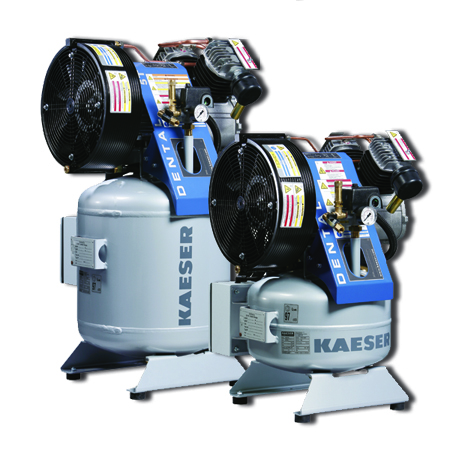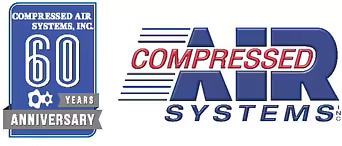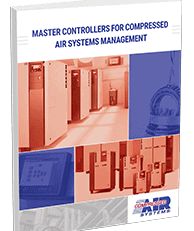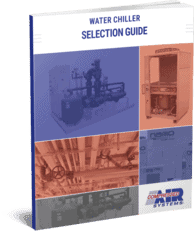Compressed Air Systems for Dental Office Applications
Dental air compressors are integral parts of any functioning dental office. Unfortunately, they are not often discussed or even thought about until it’s time for a dental health professional to purchase one.
Operating repeatedly throughout each and every day, dental air compressors need to be durable. Because they’re used to treat patients, there exists the potential to negatively impact health, so the air that these compressors produce must be especially clean. In dental office settings, they must also operate quietly using standard 220/110 volt power sources.
If you’re shopping for a dental air compressor, educating yourself about their unique characteristics will help to select a high quality dental air compressor that best suits your needs.
How are Dental Air Compressors Different?
 Since professionals in the dental health field are often preoccupied with more pressing business, shopping for and sourcing dental air compressors isn’t likely to be something that is often considered. Because these systems pertain to the maintenance of human health, it is absolutely critical to know as much about the compressors as possible.
Since professionals in the dental health field are often preoccupied with more pressing business, shopping for and sourcing dental air compressors isn’t likely to be something that is often considered. Because these systems pertain to the maintenance of human health, it is absolutely critical to know as much about the compressors as possible.
Since the air generated by dental air compressors actually enters human bodies, cleanliness is a primary focus. First, dental air compressors should be oilless — oils not only make for foul taste, but they also provide a haven for dirt and bacterial build up, which can then be deposited into a patient’s mouth. Dental air compressors must also be equipped with stainless or galvanized steel receivers and FDA-approved plastic tubing to avoid corrosion, which can be harmful to patients as well.
Another factor to consider is the moisture content of the air; like dirt, moisture provides a home for bacteria, so dental air compressors should be equipped with dryers such as desiccant dryers to mitigate this risk. Comfort concerns such as the noise level also differentiate dental air compressors from others, though these issues are secondary to those pertaining to patient health.
How Dental Compressors Work
Dental air compressors largely work the same way as standard air compressors: air intakes draw in atmospheric air and run it through a pair of helical rollers, which form a partial vacuum and compress the air. Oilless compressors utilize the same basic physics of a centrifugal, rather than helical, roller mechanism. The compressed air is then stored in a pressurized tank.
Operational differences of dental air compressors stem from their special cleanliness requirements. Intakes are equipped with more robust filters and filtration steps than those found in standard compressors. Dental air compressors also possess membranes or desiccant-based moisture filtration stages toward the end of the process – closest to the point of use.
Considerations
As for any piece of equipment, there are a number of important considerations to keep in mind when selecting a dental air compressor. Aside from the air quality-related health and safety ones discussed above, these considerations include:
- Maintenance schedules and costs
- Required capacity
- Duty cycle
- Compressor head and piston numbers
- Warranties
- Certifications
Dental Air Compressors from Compressed Air Systems
Compressed Air Systems has been a supplier of air compressors and related equipment for a variety of industries including dental and medical for more than 50 years. Through the decades we have refined our offering to carry only the highest performing equipment available today.
Our team understands that the best way to provide your patients high quality dental care is to focus on the people, rather than the equipment. That’s why we carry a range of dental air compressors from Kaeser, a highly reliable and respected brand across the industry.
Our oilless dental air compressors include scroll, reciprocating, and quiet/noise-free models in various shapes and sizes that are able to fit into the limited space available in dental offices, all of which carry certifications for use in dental offices including TUV and ISPEL.
To learn more about our dental air compressors or discuss your specific needs, contact Compressed Air Systems today.









